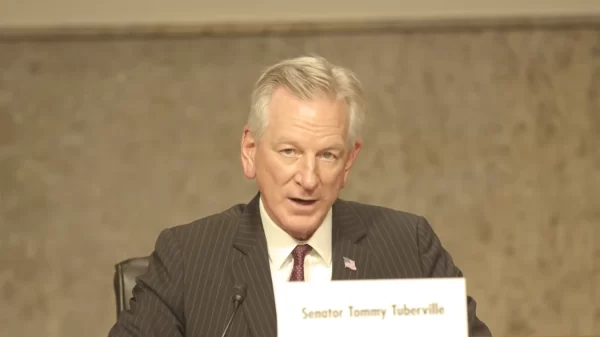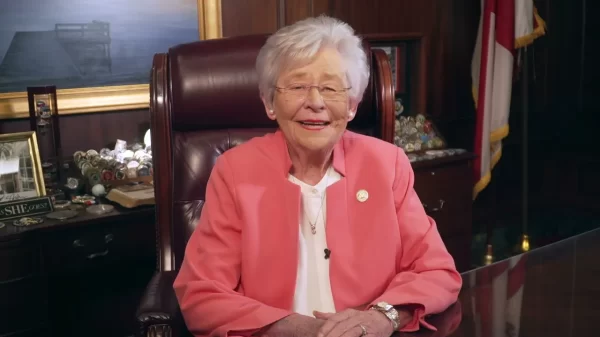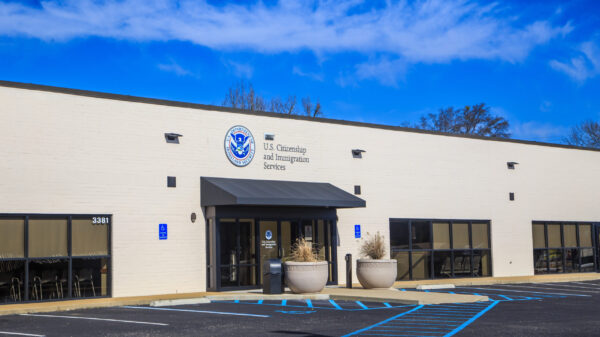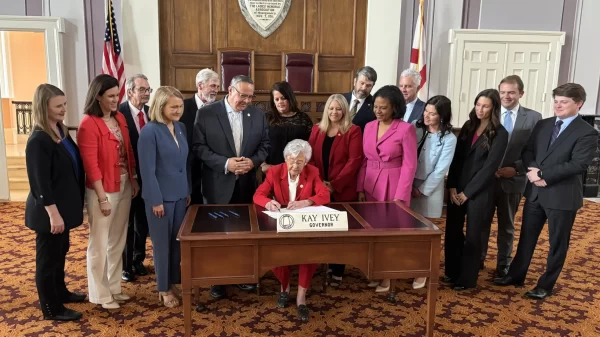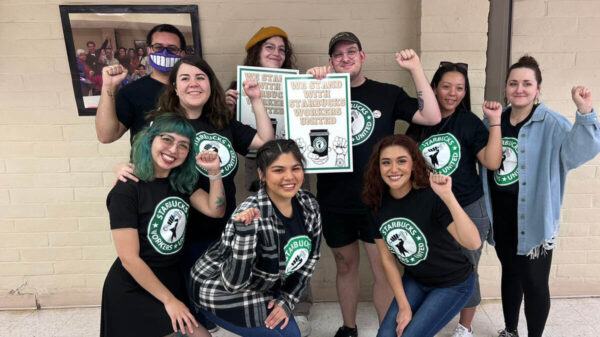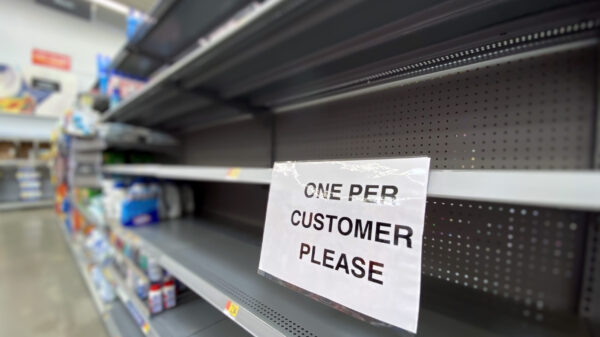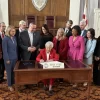Civil rights groups are demanding that action is taken to protect people in jails and prisons, who are vulnerable to the spread of COVID-19.
The Southern Poverty Law Center on Tuesday called for the federal government and officials in Mississippi, Louisiana and Florida to protect those facilities through evidence-based protocols and to “release those people most at risk of suffering serious complications or death.”
In letters signed by a dozen civil rights groups to the three states those groups call for immediate action to save the lives of those serving in the facilities as well as workers inside.
“Imprisoned and detained people are highly vulnerable to outbreaks of contagious illnesses such as COVID-19,” reads the letter. “They are housed in close quarters and are often in poor health. Without the active engagement of those who administer the facility, they have little ability to learn about ongoing public health crises or to take necessary preventative measures if they do manage to learn of them.”
The letter also asks state and federal officials to release elderly people and others “who are at a high risk of dying before they contract the disease.”
The SPLC’s call to action joins that of a request Monday by the ACLU of Alabama which asked Alabama officials to release a plan for the state’s prisons.
“Incarcerated people cannot follow the CDC recommendation of social distancing, and because Alabama prisons are already operating at 170 percent of their designed capacity, these men and women are at an increased risk of exposure and contamination in the prison population,” said Randall Marshall, executive director at ACLU of Alabama, in a statement Monday.
Marshall noted that more than 20 percent of the people in custody in state facilities are over the age of 50, putting them at higher risk of serious health complications or death if infected.
“It is imperative that the Governor and ADOC release their plans to prevent the spread of COVID-19 inside the prisons, to quarantine and care for any prisoner who shows symptoms, and to ensure all supplies and food remain stocked during this crisis,” Marshall said. “They must also address how they plan to provide continued staffing in the event of staff shortages due to illness or caring for an ill family member. ADOC staffing is currently at 40 percent.”
An ADOC spokeswoman on March 9 told APR that the department hadn’t yet updated its existing influenza plan to prepare for COVID-19, but that the work was underway.
“The ADOC will work with the ADPH and other state agencies to develop our Continuity of Operations Plan (COOP), as the Department has in previous years in formulating our pandemic response,” ADOC spokeswoman Samantha Rose said in a statement.
It was unclear Monday if ADOC has updated that plan. A spokeswoman for the department hadn’t returned a response to APR’s question on the matter as of Tuesday morning.
ADOC on March 13 suspended visitation and disallowed volunteers to enter into the state’s prisons for 30 days in response to the novel coronavirus.




